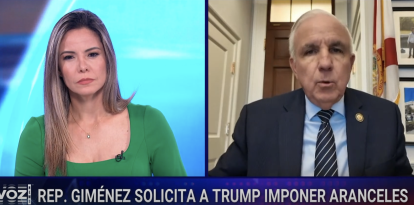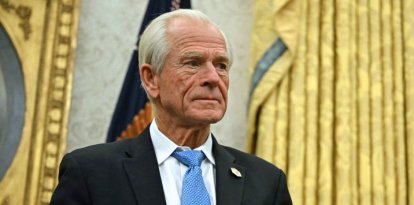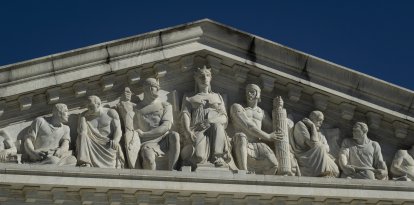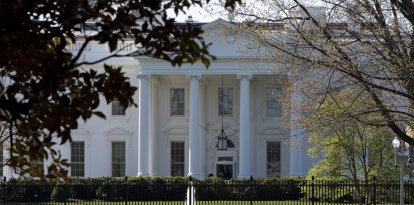Appeals court renews block on Biden's student debt cancellation plan
The ruling, three votes to zero in favor of the block, called the president’s initiative a “vast assertion of newly acquired power.”
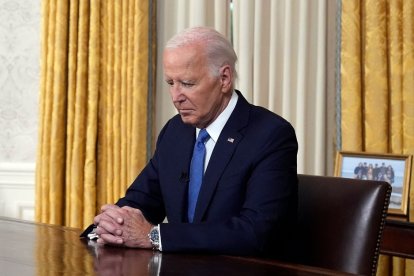
Joe Biden in the Oval Office of the White House.
The Eighth U.S. Circuit Court of Appeals for the Eighth Circuit renewed its block on Joe Biden's initiative to cancel student debt. The updated decision prevents the White House from moving forward with the Savings for a Valuable Education (SAVE) Plan. The decision extends and updates a decision the same court had made in mid-July.
That initial ruling barred the White House from "implementing portions of the SAVE plan that have not previously been blocked by lower court rulings." The decision came on the same day that the Democrat forgave $1.2 billion to 35,000 borrowers.
The new ruling, which had three votes in favor and zero against, called the president's plan a "vast assertion of newly acquired power", also adding that, so far, there is little indication that Congress will approve it.
">🚨BREAKING: The Eighth Circuit has upheld the court order we obtained to BLOCK the illegal Biden/Harris half-a-TRILLION dollar student loan cancellation scheme.
— Attorney General Andrew Bailey (@AGAndrewBailey) August 9, 2024
A MASSIVE win for every American who won’t be saddled with someone else’s Ivy League debt.
Seven Republican attorneys general joined together to file suit over the SAVE plan, which was born in 2023 after the Supreme Court struck down its predecessor.
"The Eighth Circuit has upheld the injunction we obtained to BLOCK the illegal Biden/Harris plan to cancel half a trillion dollars worth of student loans. A MASSIVE victory for all Americans who will not be saddled with someone else's Ivy League debt," celebrated Andrew Bailey, Missouri Attorney General.
As reported from The Hill, "Friday's ruling could prompt the Justice Department to also file an emergency appeal to the Supreme Court, or similarly, urge the court to hear the case in its entirety."
What is the SAVE plan?
President Biden's new initiative consists of two phases. The first, according to the same media outlet, took place in the fall "increasing income protected from payments from 150 percent above federal poverty guidelines to 225 percent and eliminating unpaid interest accrued outside of calculated payments."
The second was scheduled for July, when payments would be reduced from 10 percent of discretionary income to 5 percent.
RECOMMENDATION


